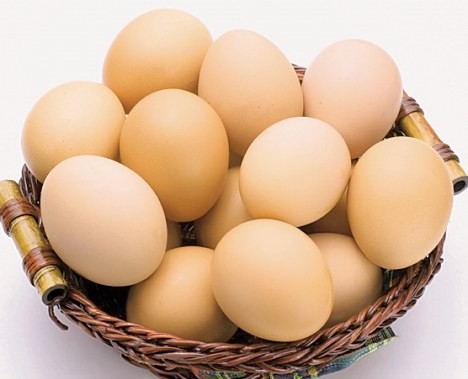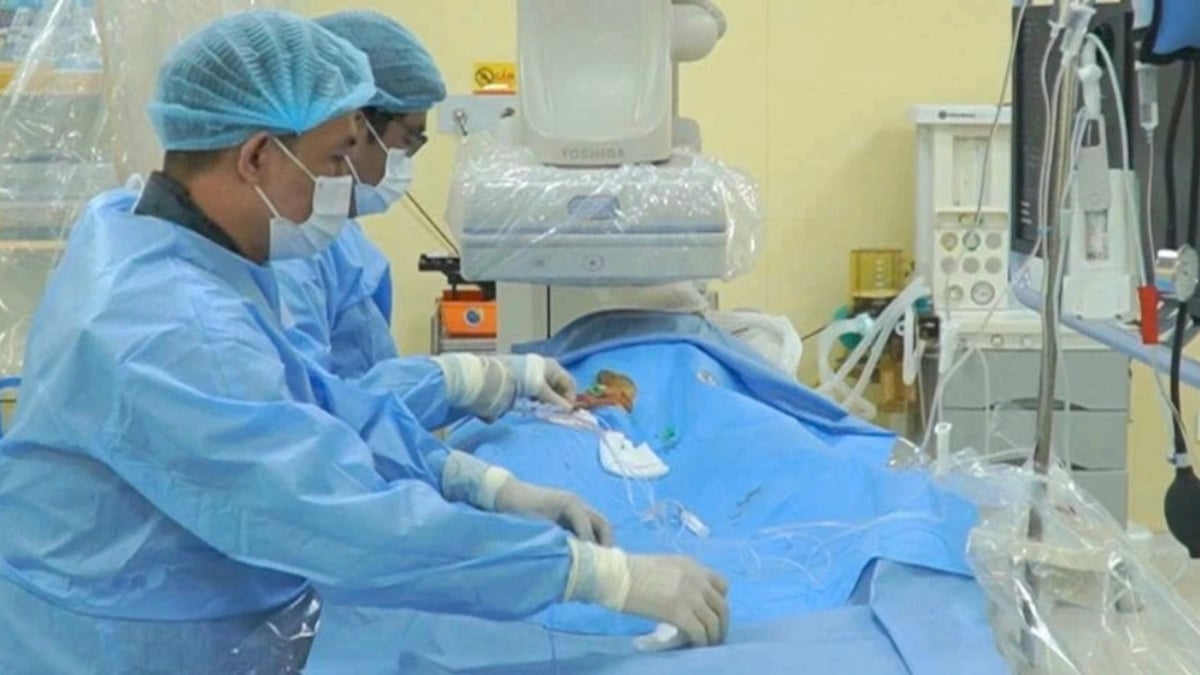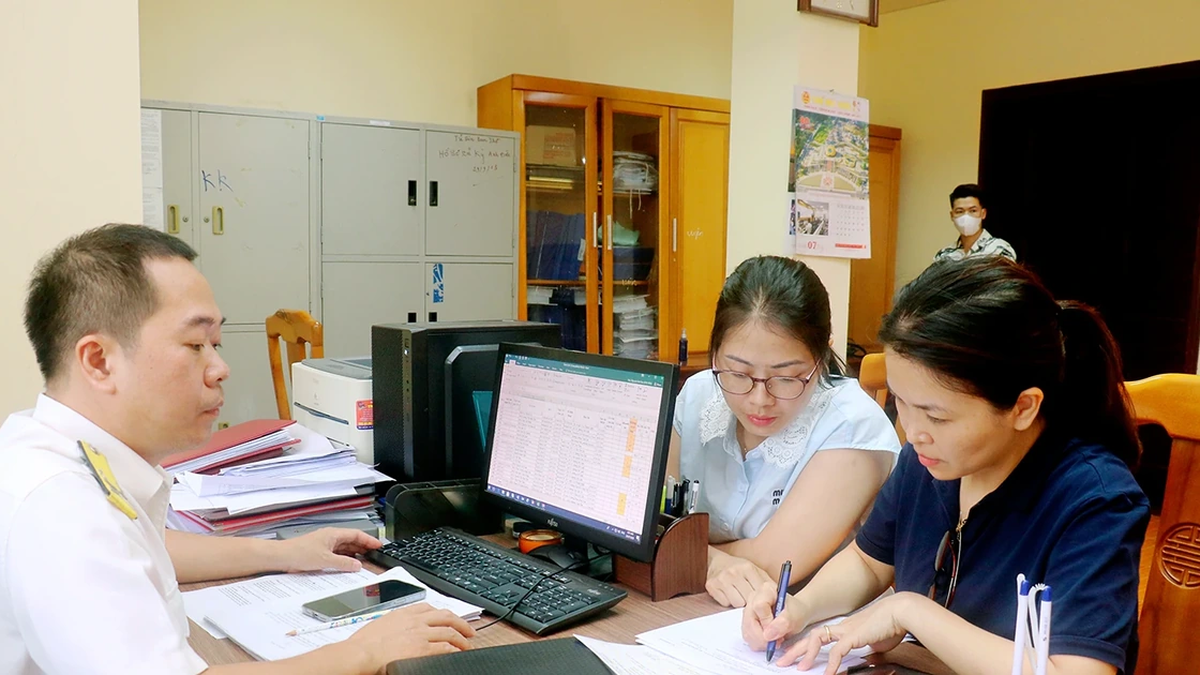How to eat chicken eggs to be good for health
According to scientific research, chicken eggs are rich in nutrients such as protein, fat, vitamins, glucid, lipid, vitamins, minerals, enzymes, hormones... At the same time, the nutritional composition of eggs is quite balanced, good for health.
There are many delicious dishes made from chicken eggs. However, eating eggs improperly can increase the risk of stroke, cirrhosis, and high cholesterol levels that affect the circulatory system and heart...
According to nutritionists, depending on how eggs are prepared, the rate of absorption and digestion of nutrients in eggs can be different. Specifically:
- Eating raw eggs, the body's absorption rate is about 40%.
- Eating boiled eggs has a 100% absorption rate.
- Soft-boiled eggs are 98.5%.
- Steamed eggs are 87.5%.
- Fried eggs reach 85%
- Fried eggs are about 81% cooked
Besides, you should not eat too many eggs in a short period of time because it can easily cause bloating and indigestion - especially in children. Accordingly:
Children 6-7 months old eat 1/2 egg yolk/meal, 2-3 times per week.
Children 8-12 months old eat 1 egg yolk/meal, eat 3-4 egg meals/week.
Children 1-2 years old eat 3-4 eggs (including egg whites) in 1 week.
Children 2 years and older can eat one fruit per day.

Eggs are rich in nutrients. Photo internet.

Eggs can be used to make many delicious dishes. Photo from the internet.
The best way to cook eggs
On mass media, Dr. Le Thi Hai (Nutrition Institute) advised people not to eat raw eggs, undercooked eggs, or soft-boiled eggs in hot porridge or hot soup. Eggs need to be boiled or cooked to prevent bacterial contamination... (because the process of poultry laying eggs is very susceptible to bacteria both inside and outside the eggshell - especially salmonella bacteria that can cause poisoning). Therefore, to avoid affecting health, you should not eat raw eggs or soft-boiled eggs.
Fried eggs
For fried eggs, use low heat until the dish is just cooked. Avoid high heat, because this can easily cause the yolk to not be cooked, but the egg white to burn, destroying many vitamins B1, B2... and causing indigestion.
Boiled eggs
It is best to eat hard-boiled eggs by: Put the eggs in a pot, pour in water and add a little salt (this will help the egg shell not break), then gradually boil. When the water boils, turn down the heat and cook for 2 more minutes then turn off the stove. Soak the eggs for another 5 minutes to get hard-boiled eggs with yolks that are just cooked. This way, the eggs retain a lot of protein, lipids, minerals, vitamins... and the body can easily absorb the maximum amount of nutrients.

Hold the egg under a light bulb (or use a rolled up newspaper to shine the egg under sunlight). If you see that the air chamber inside the egg is still small, the yolk is not moving and is in the middle, the egg is fresh. Photo from the internet.
How to identify spoiled eggs, do not eat
- The egg has an unusual, foul, or very unpleasant smell.
- The egg shell is cracked or broken.
- Egg whites turn liquid - due to the yolk breaking down, the texture is loose, or gray.
Or use water to identify fresh or spoiled eggs by dropping the egg into a glass of clean water and observing:
* A fresh egg will sink and lie still at the bottom of the cup.
* An egg that is close to the bottom of the cup but slightly floating is an egg that has been laid for more than a week.
* An egg that balances in water with the pointed end facing down and the wide end facing up is an old egg.
Eggs that float on the surface of the water are spoiled and should not be eaten.
People should choose fresh and clean eggs for storage. During the storage process, always check and turn the eggs to ensure the quality of delicious and nutritious eggs.
Who should stay away from eggs?
No matter how much the generals prepare chicken eggs into delicious and nutritious dishes, the following people will get sicker if they eat them. According to the instructions on the fanpage of Hong Ngoc Hospital, some cases may have diseases such as cardiovascular disease, gallstones, diarrhea, fever and should avoid eating eggs. Specifically:
People with cardiovascular disease
According to research, eating 3 eggs/week can cause plaque in the artery walls to thicken, narrow, and block the coronary arteries, increasing the risk of cardiovascular disease, stroke, atherosclerosis, and coronary artery disease.
People with gallstones
People with gallstones who eat a lot of eggs will secrete a lot of substances that contract the gallbladder, causing the diseased gallbladder to work too hard, causing pain, vomiting... even gallstones will move with the gallbladder contractions, blocking the bile, causing fluid retention, biliary colic and cholangitis.
People with diarrhea
If you have diarrhea, eating dishes made from eggs will lose their nutritional value and make the condition worse.
The person has a fever.
Eggs are rich in protein that is easily dissolved and absorbed into the body, so eating them will create a very high amount of heat, making the fever worse and very difficult to reduce.
In addition, to prepare eggs into reasonable and scientific dishes, housewives need to pay attention to feeding their relatives the right amount of eggs according to the advice of nutrition experts. Only then can the body absorb the nutrients in chicken eggs well:
- Healthy adults can eat 1 egg/day for 1 week.
- Elderly people with good health can eat 1 egg/day (if desired).
- Pregnant women: If you are in good health, you can eat 3-4 eggs/week. If you have diabetes or pregnancy health problems, you should consult a doctor for appropriate diet advice.
- People with type 2 diabetes: Eat 1 egg/day and 5 eggs/week.
- Cardiovascular patients, at risk of cardiovascular disease: If you are on a low-saturated diet, you can eat 7 eggs/week. If you are eating normally, you can only eat 3-4 eggs, and do not eat more than 4 yolks/week.
- If LDL cholesterol is high, you can eat 1 egg per day for 7 consecutive days.
- People with metabolic disorders should eat less than 6 eggs/week.
Note that nutritionists recommend that to best protect your health, you should only eat a maximum of 4 eggs per week.
Source: https://giadinh.suckhoedoisong.vn/chuyen-gia-chia-se-cach-che-bien-trung-ga-ngon-va-bo-nhat-172240930162757578.htm






















![[Photo] Stunning Vung Ang-Bung Expressway before opening day](https://vphoto.vietnam.vn/thumb/1200x675/vietnam/resource/IMAGE/2025/8/18/8a75cb48a68f4de8b56d6a9e7c268669)













































![[Photo] Party and State leaders visit President Ho Chi Minh's Mausoleum and offer incense to commemorate Heroes and Martyrs](https://vphoto.vietnam.vn/thumb/402x226/vietnam/resource/IMAGE/2025/8/17/ca4f4b61522f4945b3715b12ee1ac46c)






























Comment (0)